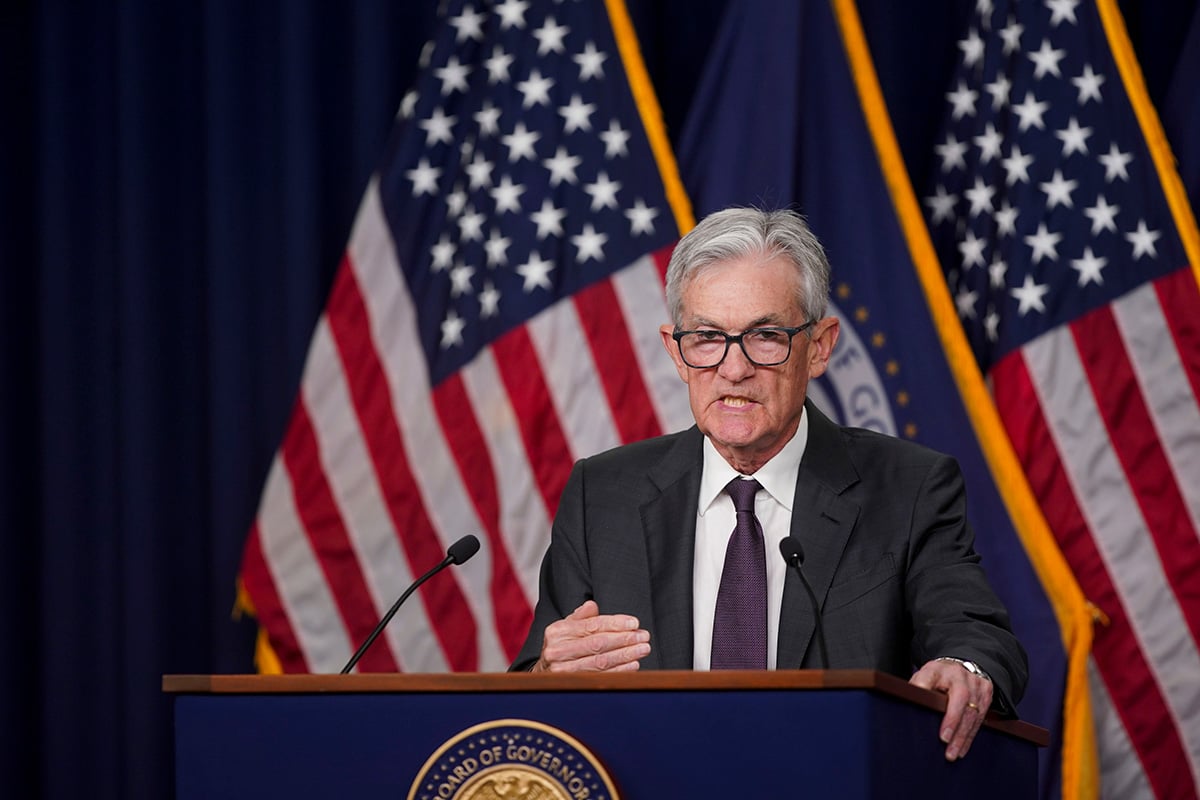For Federal Reserve Chair Janet Yellen, the current too-low inflation rate is not only “transitory,” it's also “idiosyncratic.”
Aside from the plunge in oil, the head of the central bank this month chose to highlight two culprits for the subdued price environment—medical care and non-market prices—which, combined, account for about 24 percent of the Fed's preferred inflation measure. By choosing to focus on two such quirky components, Yellen showed that she and most of her colleagues remain confident the unhealthy lack of inflation is only temporary.
Officials this month were so sure prices would eventually rise closer to their 2 percent goal that they raised the benchmark interest rate so they wouldn't have to tighten too quickly once inflation did flare.
“There are various idiosyncratic factors that affect core inflation,” Yellen said at a Dec. 16 press conference. “But I personally don't think we're in a world where inflation is being determined in a different way than it has historically.”
At least for medical expenses, Yellen is probably onto something.
Those costs, which alone make up almost 17 percent of the personal consumption expenditure price index that is tracked by the central bank, rose just 0.9 percent in November from a year earlier. That goes a long way to explain why the core price measure, which excludes food and fuel, climbed only 1.3 percent in the past 12 months.
So what's to blame for the slower health-care inflation in 2015? Two years of government increases in reimbursement rates to physicians for Medicaid services, which tend to leak into what the private market charges, expired at the start of the year, said Omair Sharif, rates sales strategist at SG Americas Securities LLC in New York.
Policy makers are “looking through that kind of stuff because they know that these are sort of one-off legislative changes,” Sharif said. “Inflation should move higher because these things will be less of a drag going forward.”
Economists at Goldman Sachs Group Inc. in New York also wrote last month that they expect medical-care costs to rise early in 2016, in part as the year-over-year comparisons become more favorable and also because of more wage growth in health-care jobs.
As for non-market prices, which Yellen said “are a little hard to understand,” the Fed chair probably was pointing to a number of imputed costs within the PCE price index that are less directly connected to the sort of supply-and-demand dynamics that would normally cause economists to worry about sluggish inflation.
Prices paid for financial services and insurance, for example, have a 7 percent share in the PCE index, so they can easily hold back the figures. That category includes investment advice and more complicated imputed costs such as the difference between interest paid on a checking account and what would be earned if that money were invested in government securities.
Costs for these financial services climbed 0.8 percent in November, the biggest gain in eight months, after falling 0.5 percent in October, the most since 2009. Such volatility is easy for policy makers to dismiss.
Yellen therefore has reason to believe inflation can make a comeback even as the central back begins to gradually raise interest rates.
Complete your profile to continue reading and get FREE access to Treasury & Risk, part of your ALM digital membership.
Your access to unlimited Treasury & Risk content isn’t changing.
Once you are an ALM digital member, you’ll receive:
- Thought leadership on regulatory changes, economic trends, corporate success stories, and tactical solutions for treasurers, CFOs, risk managers, controllers, and other finance professionals
- Informative weekly newsletter featuring news, analysis, real-world case studies, and other critical content
- Educational webcasts, white papers, and ebooks from industry thought leaders
- Critical coverage of the employee benefits and financial advisory markets on our other ALM sites, PropertyCasualty360 and ThinkAdvisor
Already have an account? Sign In Now
*May exclude premium content© 2025 ALM Global, LLC, All Rights Reserved. Request academic re-use from www.copyright.com. All other uses, submit a request to [email protected]. For more information visit Asset & Logo Licensing.





